FORMER health secretary Matt Hancock has described Rishi Sunak as an “incredible talent” and a proven decision-maker who would make a “great” prime minister.
Sunak, who resigned as the chancellor earlier this month, is expected to be in the final two in the race to become prime minister after he kept his healthy lead in the latest round of voting by Conservative MPs on Tuesday (19) as Eastern Eye went to press.
The 42-year-old won the support of 118 Tory MPs, followed by Penny Mordaunt on 92 votes and Liz Truss on 86, with Kemi Badenoch dropping out of the race after getting 59 votes.
Hancock, who was health secretary during the Covid-19 crisis, told Eastern Eye on Tuesday, “Sunak has been tested in a way that few people ever have before becoming prime minister – by being chancellor during the pandemic.
“He’s got very high integrity. He’s very good at making decisions and quickly, if necessary. He’s also really good to work with because he gets on with people. So many people who have worked with him admire him for the way that he does his job.
“Certainly, that’s true of me; Grant Shapps (transport secretary); and Dominic Raab, who also worked incredibly closely with us during the pandemic as deputy prime minister. So all those things will help to make him a great prime minister.”
Stephen Crabb, MP for Preseli Pembrokeshire and former secretary of state for work and pensions, agreed with Hancock that Sunak’s experience as chancellor during the pandemic puts him above the other leadership candidates. Crabb told Eastern Eye on Monday (18), “Sunak brings a higher level of experience in cabinet, particularly given his role as chancellor of the exchequer during the extraordinary period of the pandemic and then the cost-of-living crisis.
“He’s already been proven as a decision maker under pressure, dealing with some of the most difficult problems that have confronted us since the Second World War.”
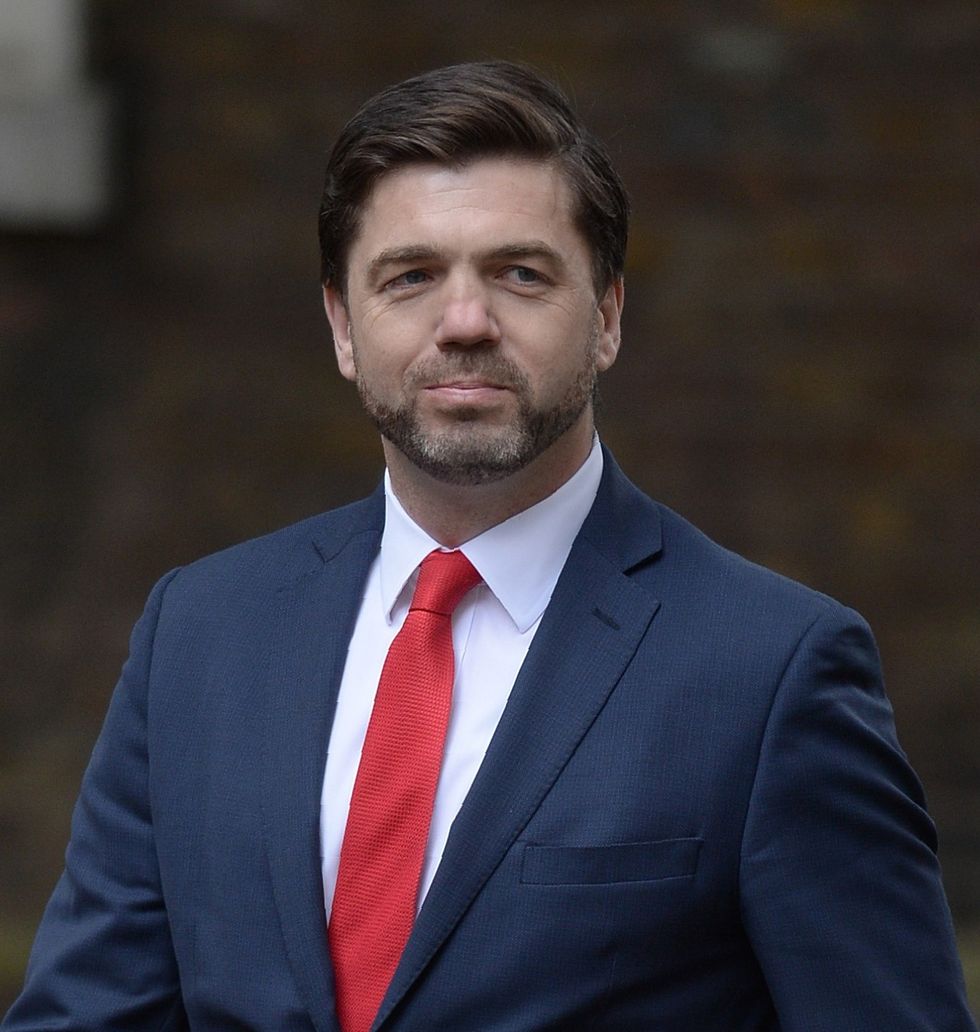
The leadership race has become focused on pledges, or non-pledges, to cut taxes at a time when Britain’s economy is beset with spiralling inflation, high debt and low growth that have left people with the tightest squeeze on their finances in decades.
Sunak’s rivals have all promised widespread tax cuts, with Truss saying she would introduce them from “day one”.
However, Sunak said he would only implement tax cuts once inflation was under control. He described proposals to raise borrowing to pay for tax cuts as a “fairytale” and said Truss was advocating socialism by suggesting the tax cuts, worth as much as £30 billion annually, could be paid for through additional borrowing and faster growth.
“I think Rishi is the only candidate promising a responsible economic policy,” said Hancock. “The nation’s finances are in a difficult spot. Inflation is almost at 10 per cent and we mustn’t make that worse. And the way to tame inflation and keep it in check is to not let it spiral.
“I’ve been really impressed during this campaign by how Rishi is not giving into the easy-sounding things like ‘I am going to cut your taxes immediately’, but instead has put forward a responsible programme.
“And this goes back to the kind of politician he is. He’s very straightforward. He’s open to giving people bad news, which sometimes you have to do as prime minister, and then trying to find a way through – he’s practical.”
Hancock added: “I’ve seen it from sitting next to him during the pandemic that he makes decisions based on his values. To be a successful prime minister, you need a combination of pragmatism and belief because if you want to put your beliefs into action, you need to be pragmatic.
“As prime minister you face uncertain events, as we’ve seen over the last couple of years, and I think he’s got the right balance to be able to do the job well.”
During the leadership debate last Sunday (17), Sunak insisted he would not cut taxes to win elections, but instead declared, “I win elections to cut taxes”.
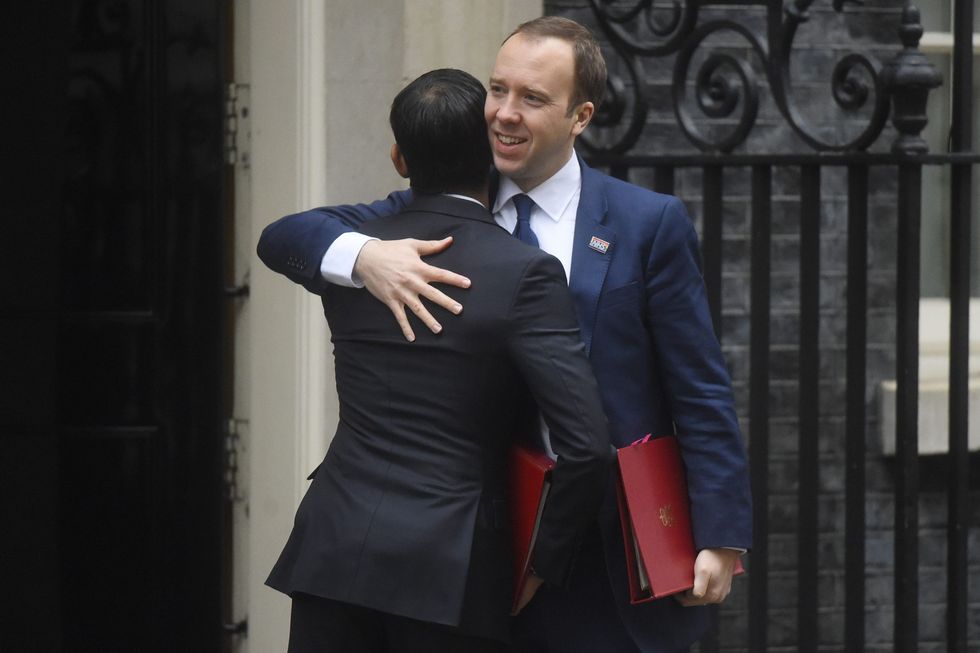
He added, “I think our number one economic priority is to tackle inflation and not make it worse. Inflation is the enemy. It makes everybody poorer.
“And if we don’t act to tackle inflation now, it will cost families more in the long run, especially with mortgages.
“This something-for-nothing economics is not Conservative, it’s socialism. If we’re not for sound money, what is the point of the Conservative party?” Crabb compared Sunak to former Tory prime minister Baroness Margaret Thatcher in the way he plans to tackle inflation before committing to tax cuts.
“I think he understands that at the heart of Conservative mind is responsibility with money. We are all in favour of tax cuts, we want reduce the burden of taxation, but you do that from a position of strength, you do that from position of being responsible with the money.
“Margaret Thatcher understood that and Rishi Sunak is really displaying that, in contrast to some of the other candidates,” said Crabb.
“In the leadership contest, particularly earlier on, there was this almost rush among some candidates to outdo each other with kind of almost ridiculous levels of promise of tax cuts. But Rishi Sunak stood his ground, he resisted that pressure.
“My understanding – as a Conservative – is that we need to strengthen the economy. We need to bring in that revenue and then from a position of having dealt with inflation, we can meet the tax challenges. There’s an honesty about that, which I think is very Conservative.”
Anand Menon, professor of European politics and foreign affairs at King’s College London, said Sunak’s “vision of economics adds up” but warned there was no simple solution to tackling inflation and the cost-of-living crisis.
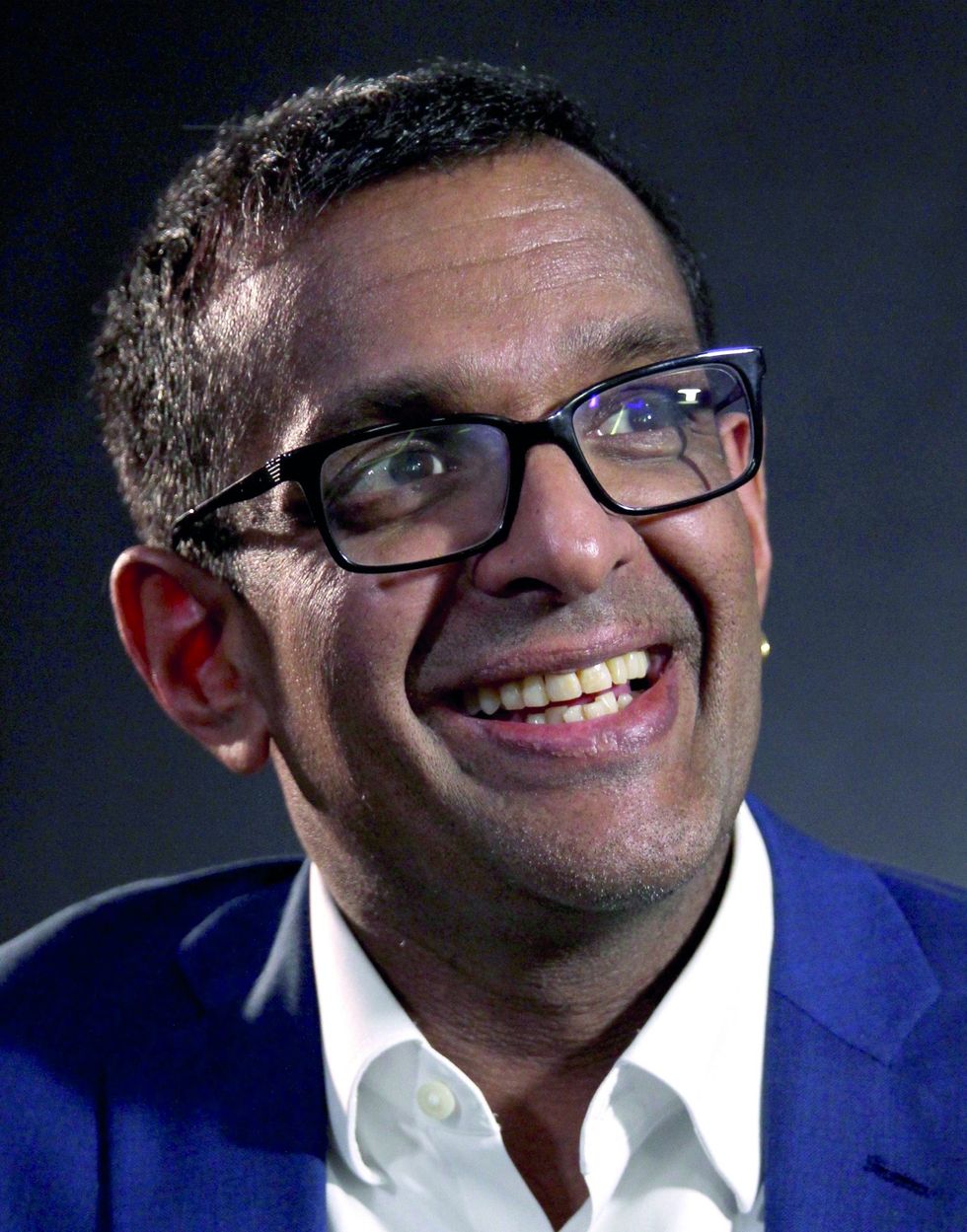
Menon, who was a special adviser to the House of Lords EU committee, told Eastern Eye, “I think he (Sunak) is the only person who is talking something that looks like credible economics.
“However, I’m not convinced it’s the right economics in the sense that there is a legitimate debate to be had about whether we can let the debt go higher and whether there is more fiscal headroom than Sunak seems to think.
“And if there is more fiscal headroom, then there are better things we can be doing than tax cuts.
“So there are legitimate debates to be had about what the priority is. Is it to try and get back to growth?
In which case, things like tax cuts or pay rises, you can see the rationale. Or if they’re going to be inflationary, do we need to be a bit more careful?
“But at least his vision of economics seems to add up and it is true that for the others, it’s harder to see those sums working.”
One of the industries hit hardest by the economic crisis is the hospitality sector, which is struggling to recover from the pandemic, when hotels were shut for months during the lockdowns.
Hotelier Koolesh Shah, who owns the London Town Group, told Eastern Eye that Sunak’s experience in supporting business through the pandemic gives him the experience to guide the nation through these difficult times.
“We had a situation where hospitality was almost closed because of the restrictions. We then ended up with supply chain issues when we opened and haven’t been able to get staff because of Brexit,” Shah told Eastern Eye.
“The cost of materials has gone up and there is no end in sight because of the Ukraine situation. Now the next challenge is with inflation. We are also burdened with higher interest rates, which is going to cause more problems.
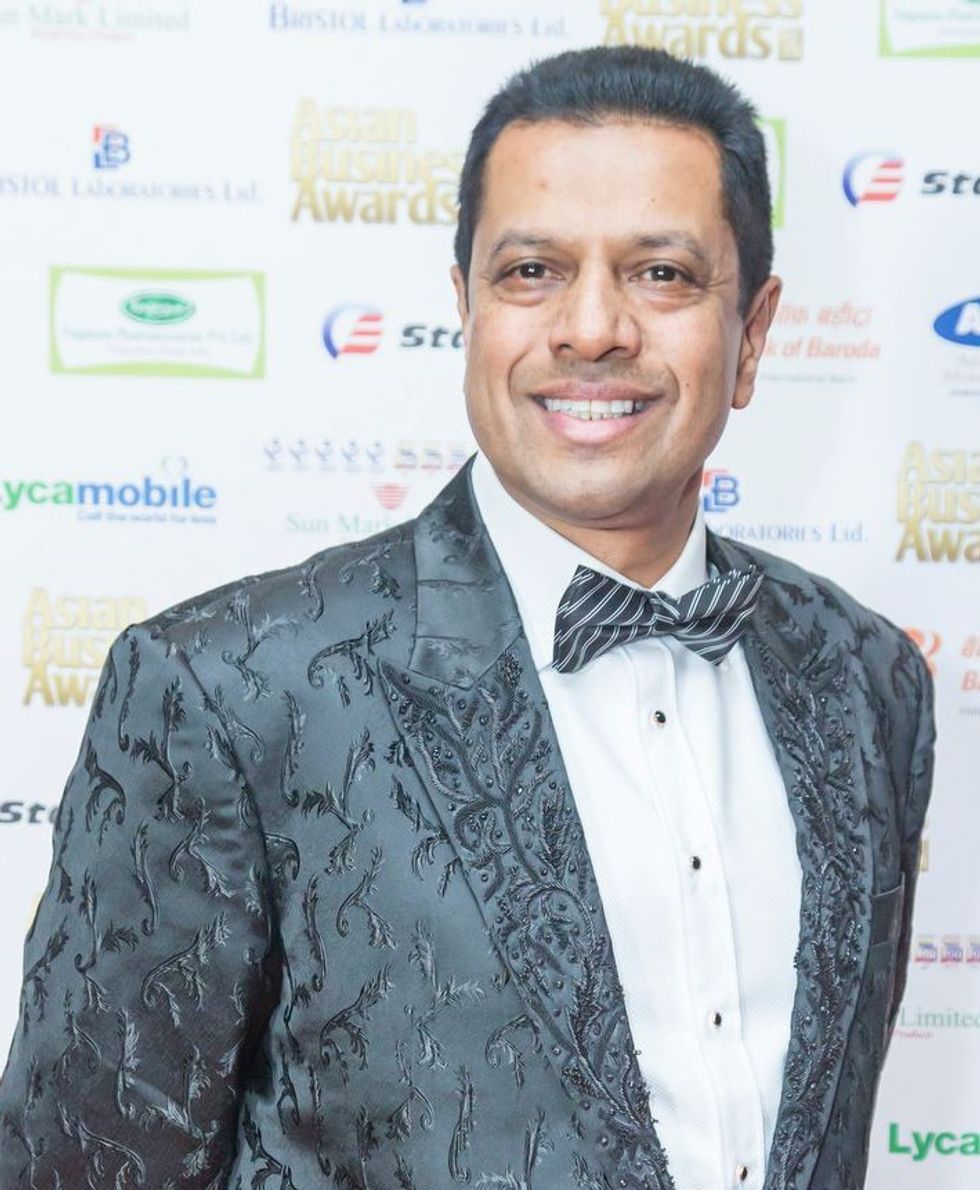
“I think Rishi Sunak can carry us through the current economic crisis. He’s got the best experience compared to the other candidates. He’s been in the Treasury. He’s been chancellor and had to make tough decisions, which he wasn’t frightened to do.”
Some critics have argued Sunak is not best placed to guide the nation through the cost-of-living crisis as he would not be able to relate to people struggling with rising food and energy costs due to his own personal wealth. He and his wife Akshata Murty, whose father co-founded the IT behemoth Infosys, have a reported joint £730 million fortune.
Sunak hit back by saying he believed in hard work and aspiration, adding “that’s my story”. He spoke of his father-in-law who came from humble beginnings and went to build one of the most successful companies in the world, describing it as an “incredibly Conservative story” and as prime minister, his aim was to create more stories like this in the UK.
“When it comes to dealing with the current cost of living challenges, I have always found him (Sunak) to be someone to be very sensitive to the human arguments about families, businesses being affected,” said Crabb.
“I’ve had numerous discussions with him over the last year or two on how we support families on low incomes, how we encourage more people into jobs. And I’ve always found him to be incredibly well-briefed, interested in the issues, and someone who’s got a personal commitment. So on a personal level, he’s the kind of politician I want to support.”
The three remaining candidates were braced to face another vote on Wednesday (20) when the final two contenders were expected to be announced.
They will then campaign to win over the party’s 200,000 members, who will appoint Britain’s fourth new prime minister in six years.
While Britain has had female prime ministers, the country has never been led by an Asian, and doubts remain if Tory members will vote for Sunak.
On Tuesday, a YouGov poll of Conservative party members showed Sunak would lose a run-off vote against either Liz Truss or Penny Mordaunt.
To a question on whether some Tory party members would not vote for Sunak because of his ethnicity, Crabb said: “I don’t think the members are going to be talking about Rishi’s ethnic background.
“I think we’re going to be judging him on his policies and on his values. They’re going to be judging him up against the other person who’s going to be in the final round in terms of their qualities.
“And they’re going to pick the person they think represents them the best.”
Crabb added that while a British Asian prime minister would be a positive step for the country, it should not lead to complacency in dealing with inequalities that still exist in society.
“I think it’s another step forward. I don’t think just because we have a prime minister from an ethnic minority, that means we have suddenly dealt with all of the difficult problems that we have in our society and some of the issues around racial disadvantage that continue to be in our society,” he said.
“I hope it wouldn’t be a reason for us to be ever be complacent. When Margaret Thatcher became the first female prime minister in 1979, it didn’t mean that issue of inequality between men and women suddenly disappeared. It just represented another positive step forward.”
Hancock, meanwhile, said his support for Sunak was based solely on his capabilities to be prime minister.
“I would be very proud to support Rishi as the first Asian prime minister,” said Hancock. “But that’s not why I’m voting for him. I’m voting for him because he’s the best person for the job.
“I think this whole leadership contest is a great sign of modern Britain. The best thing about it is it is the most diverse range of candidates in history. Your ethnic background doesn’t come into it. What matters is the experiences that you have had, and what you have got to offer the country.”
The MPs agreed that whoever is elected, the new prime minister faces a challenge to unite a Tory party that has seen its leadership candidates tear into each other, especially during the second live television debate last Sunday (17).
“Obviously, there have been disagreements, but we need to make sure that after we have chosen the next prime minister, whether it’s Rishi or anybody else, that we can come together behind them and win the next general election. That’s incredibly important,” said Hancock.
“On the one hand you want a thriving debate, it’s good in a democracy that there are differences of opinion and debate,” he added. “It’s normally between the parties, but right now it’s within the Conservative party. But we need them to all fall behind the leader after they’re elected.”
Crabb added: “In the discussions I had with all the candidates, over the first two days of the campaign, I told them they will find an incredibly difficult job to unite the Conservative party given differences of opinion and some of the deep divisions that still linger with regard to things like Brexit, for example.
“When I put that to Rishi, he was very honest about recognising the scale of the challenge. But he also pointed out that he is somebody who does have enormous reach because of his background.
“He seems to speak very well to professionals. He’s an MP in the north of England, so many of the red wall seats are very close to where he’s based.
“And he has a lot of empathy and works very well with the red wall members of parliament. He is somebody who displays a kind of genuine nationwide reach I find is attractive,” he said.
“He will need to show, if he does go on to become prime minister, that he can really unite a cabinet around him which might not be an easy job.
“Some of the attacks between some of the candidates during the leadership debates are going to get harder and that’s going to be Rishi’s very first job if he does win – to help put those divisions behind us, unite the party and then look ahead to the next election.
“But we’re only going to have one chance at it and if we don’t do this right, my fear is the Conservative party could find itself out of office for a very long period indeed.






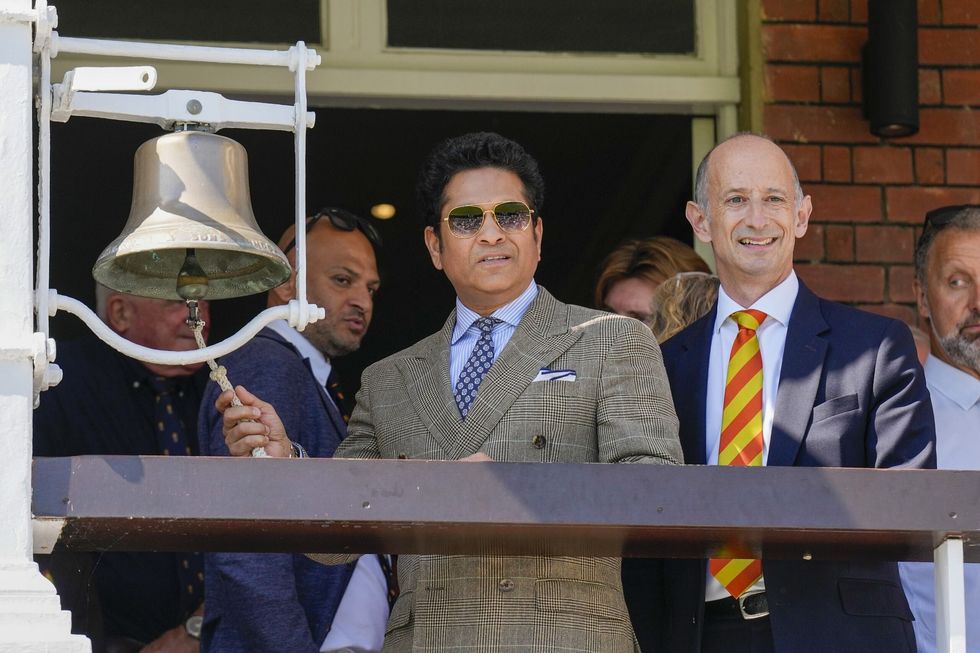 (Photo credit: PTI)
(Photo credit: PTI)










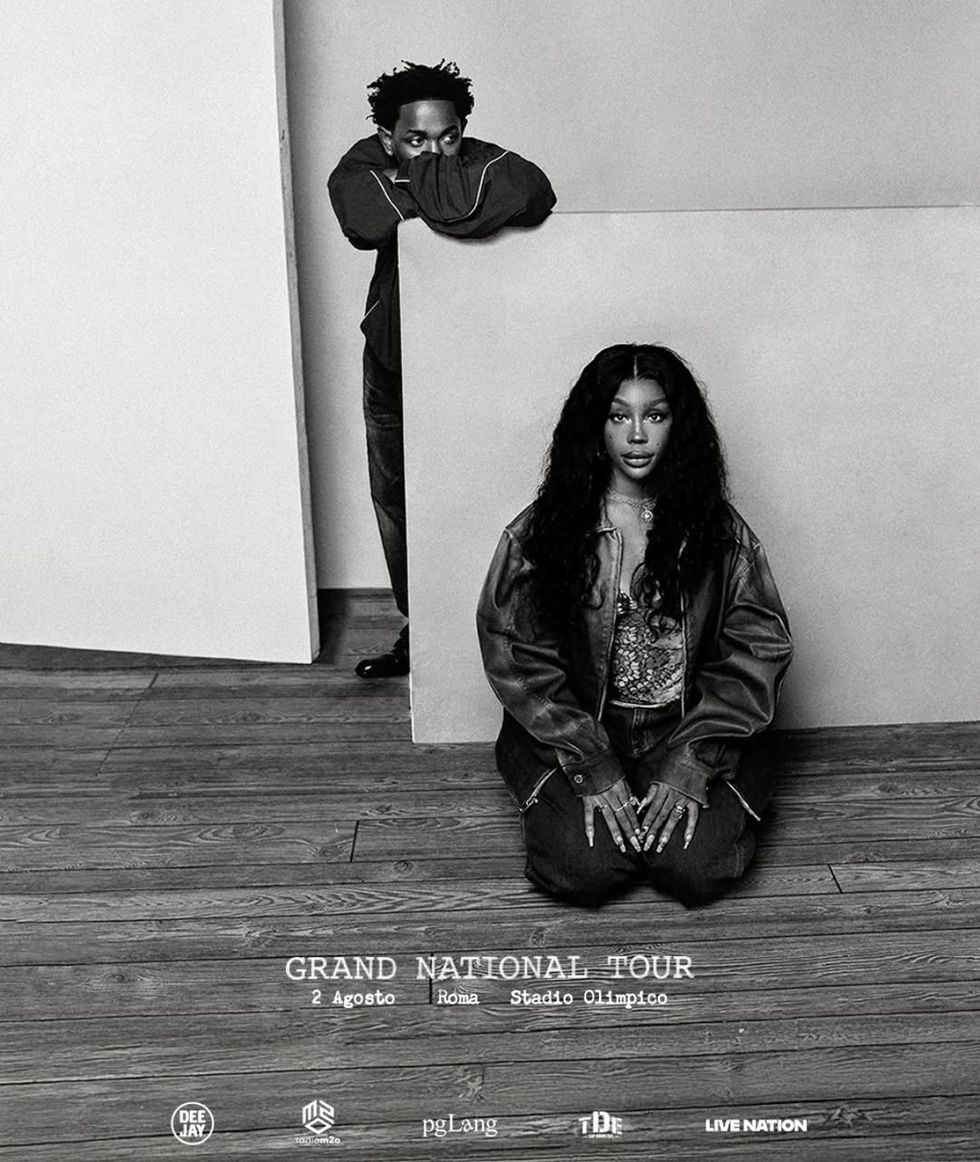 Kendrick Lamar and SZA commands the stage at Villa Park during his explosive opening setInstagram/
Kendrick Lamar and SZA commands the stage at Villa Park during his explosive opening setInstagram/
